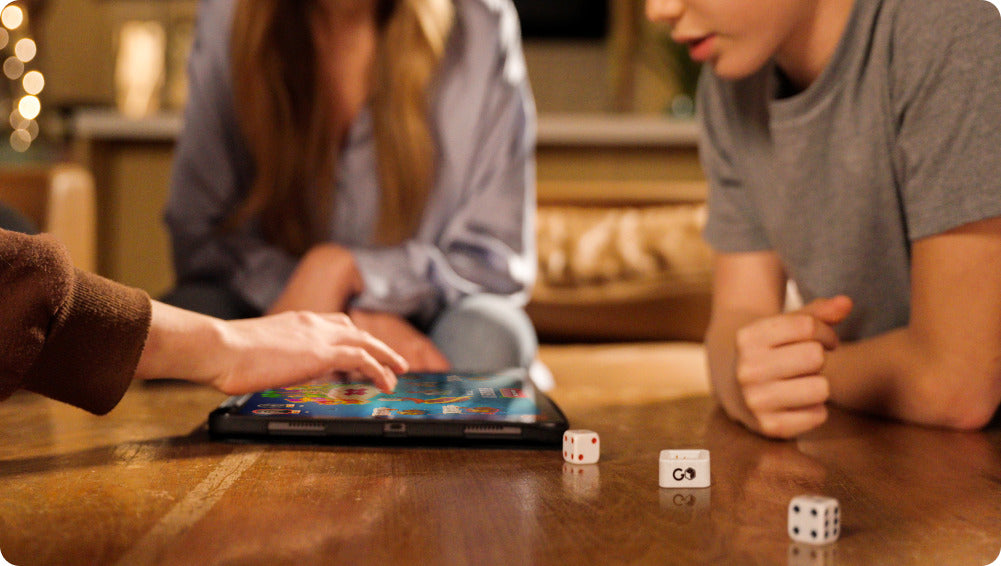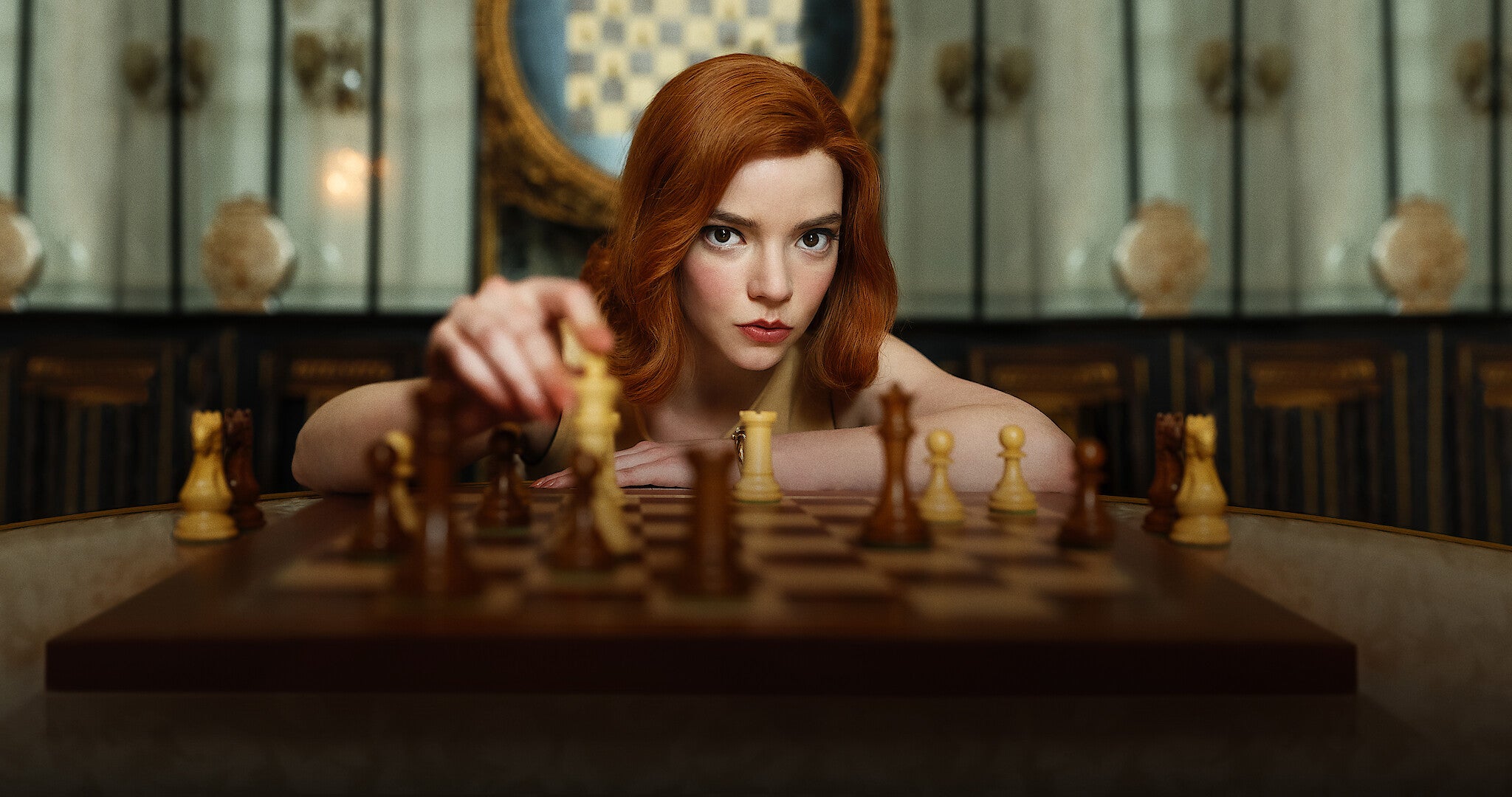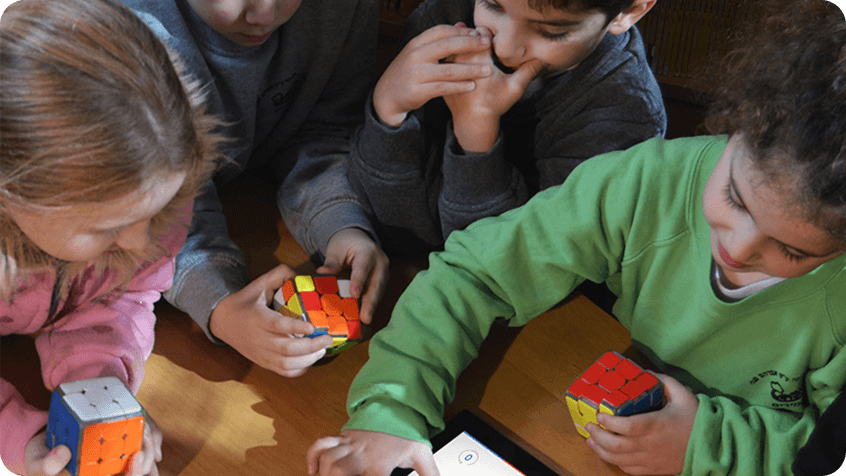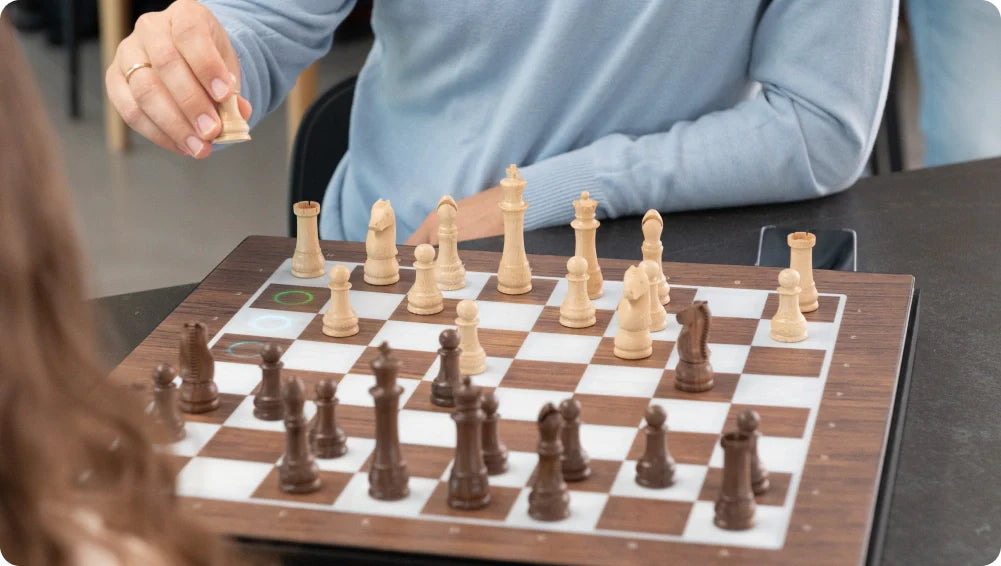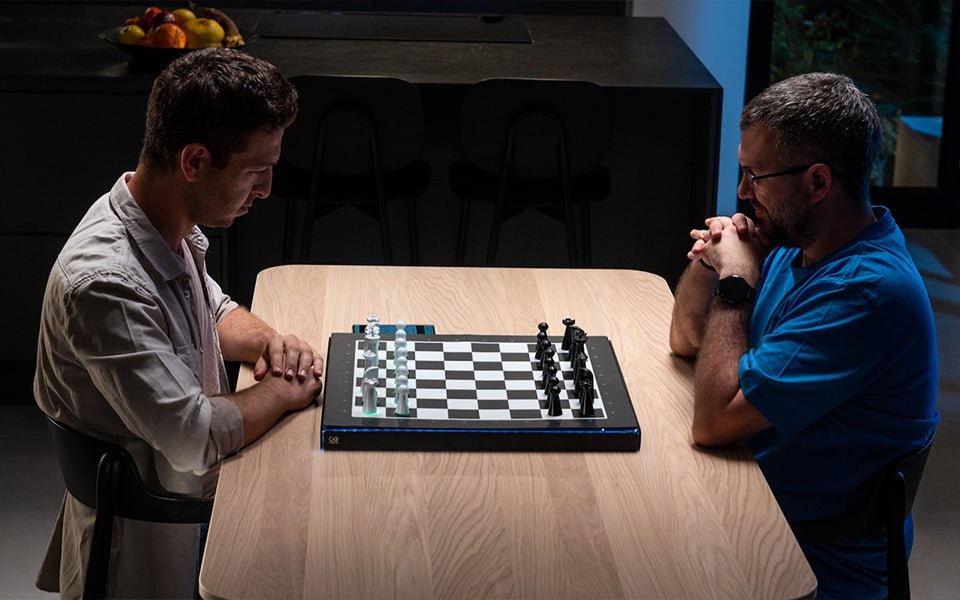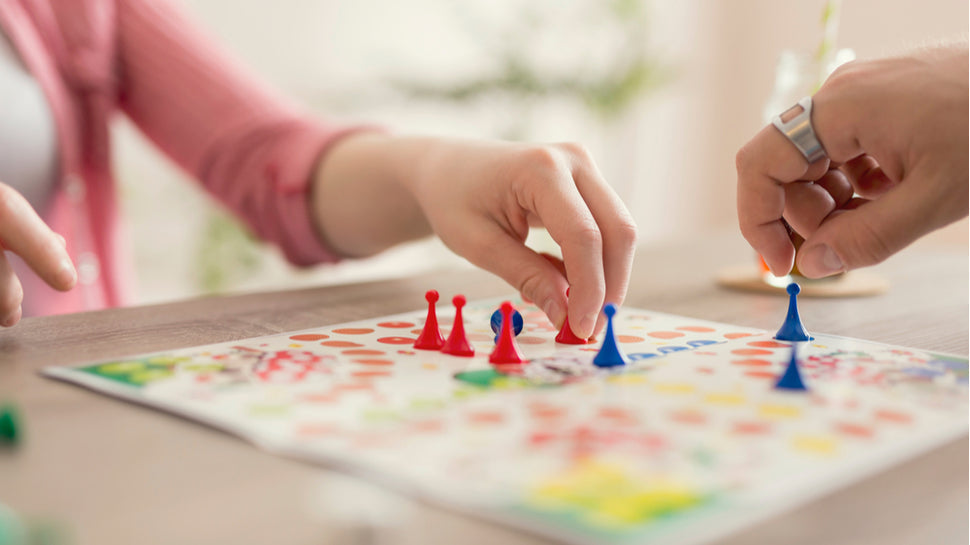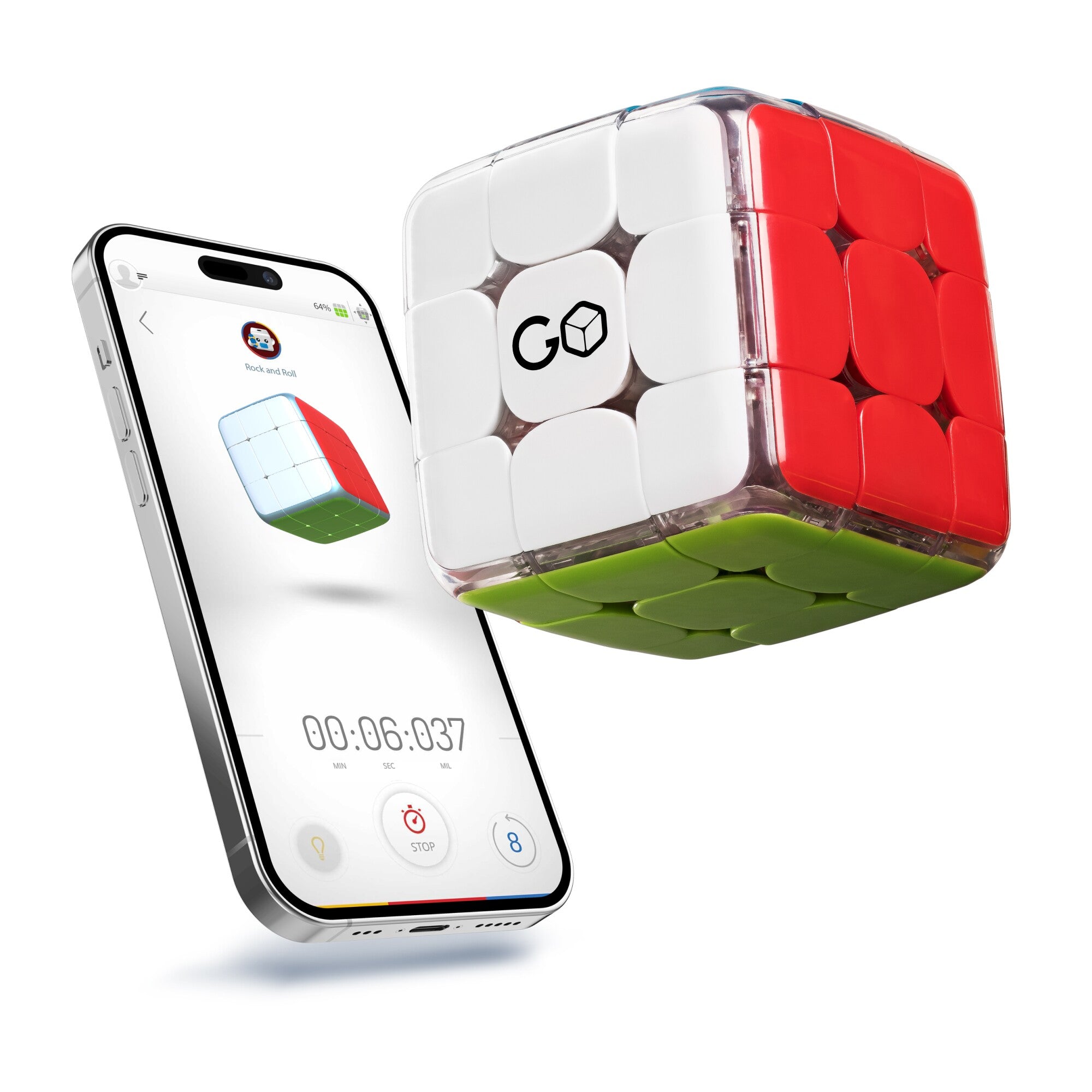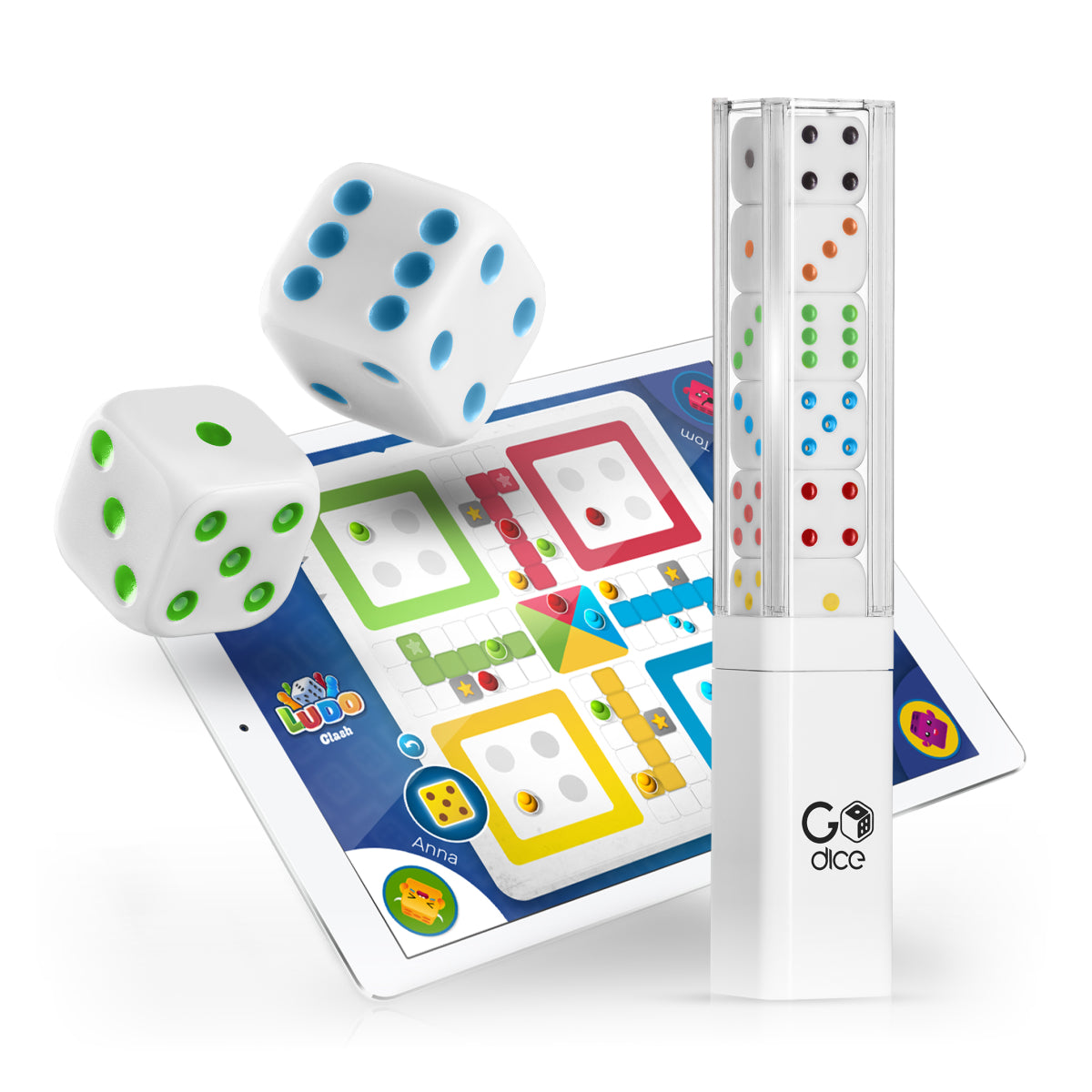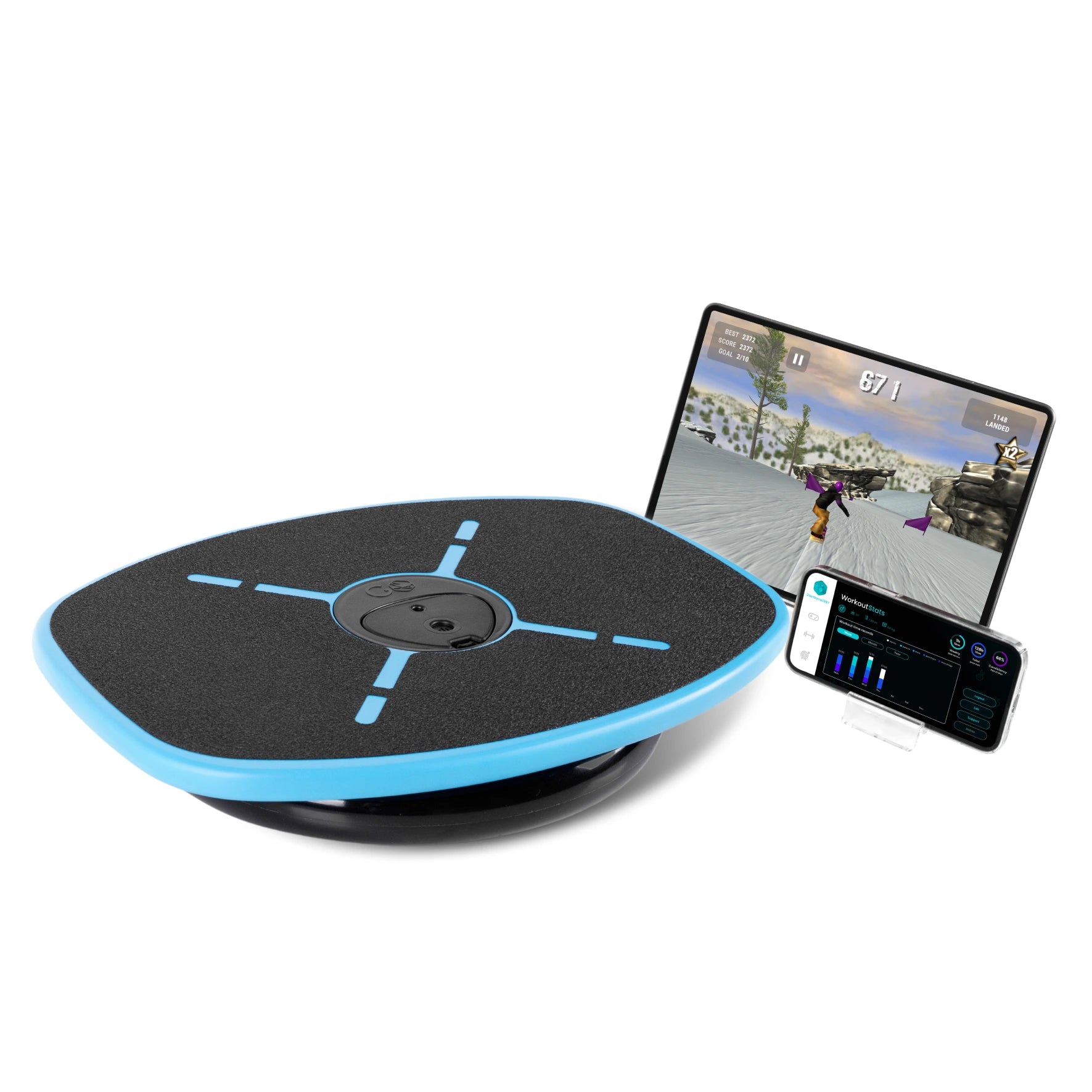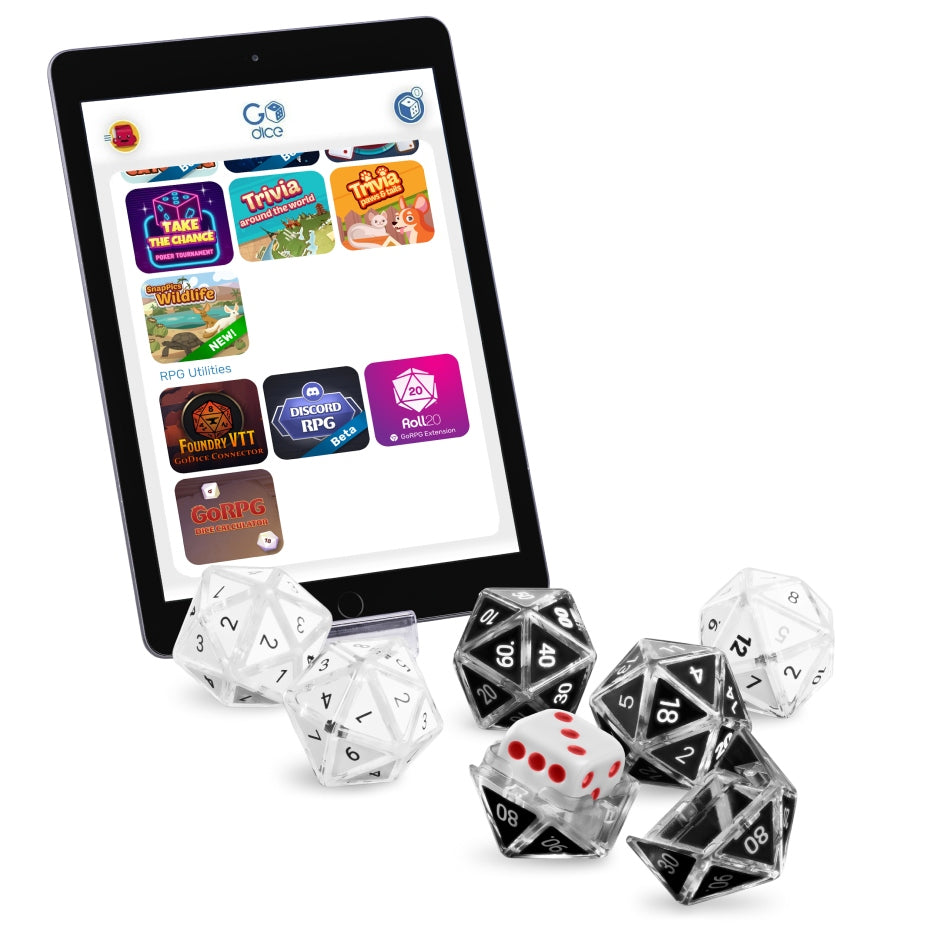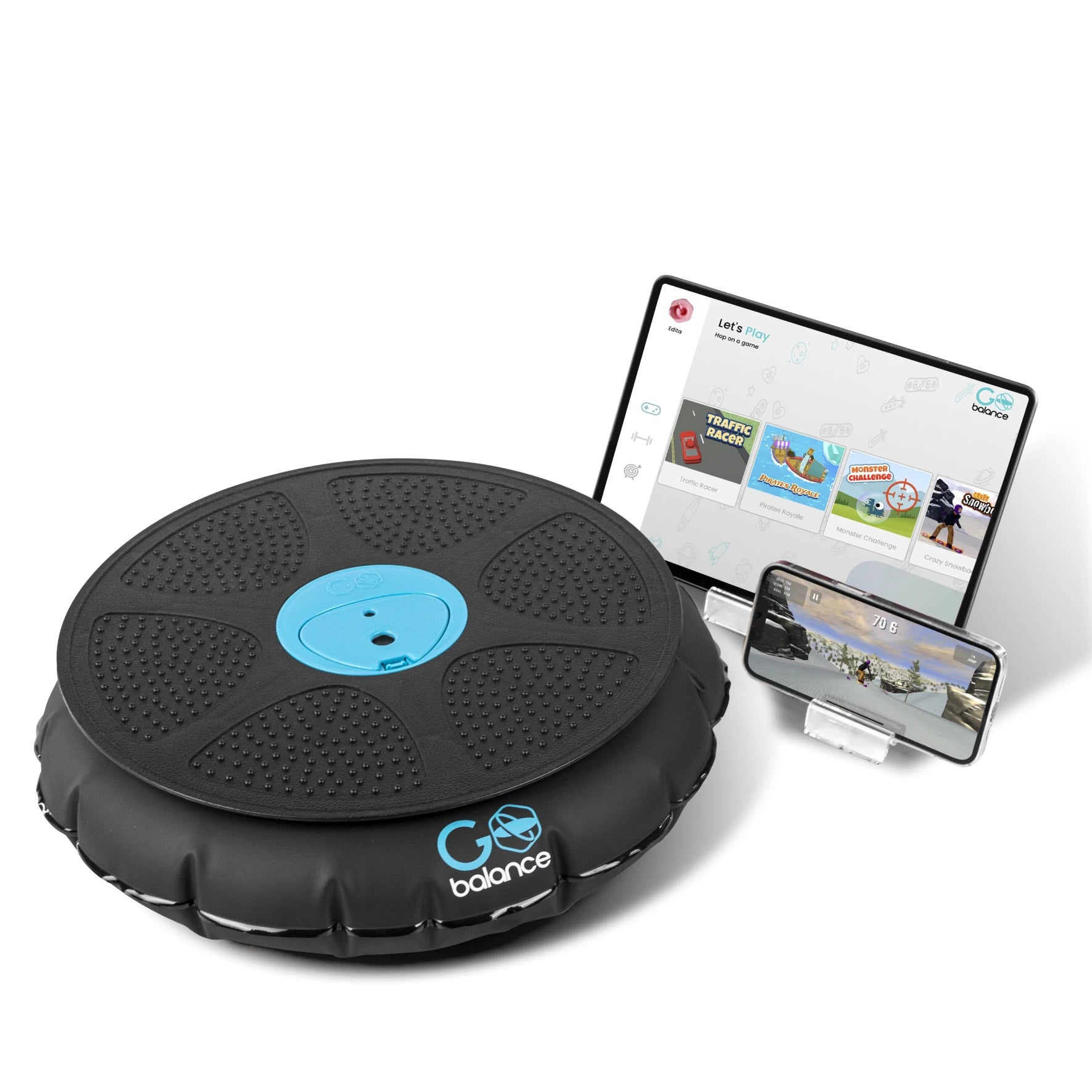We all have that annoying friend who turns everything into a competition.
Kidding. We all want a little adrenaline from time to time.
Who finishes their coffee first. Who finds the best parking spot. Who “technically” won the last game even though no one agreed on the rules.
Beneath all the friendly rivalry, there’s something real happening: we like thinking ahead, predicting people, quietly planning a move before anyone sees it coming.
This guide walks through the board games that sharpen thinking while keeping play at the center, and make game night feel more like a connection than a distraction.
Ready? Let’s upgrade game night.
Why Strategy Games Matter More Than We Think
On the surface, it’s just cardboard, plastic pieces, and someone shouting “That’s not fair!” from across the table. But strategy board games strengthen the same skills we often chase through books, courses, and endless self-improvement podcasts: planning, focus, emotional management, and patience.
Research on play and cognition shows that strategy games support executive function, planning, working memory, and impulse control, because they require remembering rules, adapting tactics, and staying composed when the plan collapses. These abilities correlate with better performance in work, learning, decision-making, and stress handling.
During a good game, do you think you only move pieces? You’re also:
- weighing multiple paths and committing to one (decision-making)
- reading the room and predicting reactions (perspective-taking)
- managing frustration when a move backfires (emotional regulation)
And there’s a social layer. Strategy games are among the best board games to play with friends because they naturally mix conversation, negotiation, alliance-building, and, occasionally, betrayal. Arguments happen, but so do clever compromises and surprising teamwork.
Psychologists could call it collaborative problem-solving and adaptive thinking. Most people just call it a good night with good company.
Because these skills get practiced repeatedly without feeling like “work.” No timers, no apps yelling about streaks. Just thinking, trying, winning, losing, learning, and coming back for another round.
So yes, it’s “just a game.” And also a low-pressure way to sharpen logic, focus, and resilience while having a laugh and possibly holding a snack in one hand.
Strategy Board Games
1. GoChess

Players: 1-2
Recommended age: ~6+
Playtime: ~15-60 min
GoChess is a revolutionary smart chessboard that makes learning and practicing chess feel like a game, not a grind. The board uses lights, real-time tracking, and a connected app to guide players through moves, tactics, and full games. You can play against AI with different difficulty levels, face friends on the same board, or connect to platforms like Chess.com and Lichess while still moving real pieces. Step-by-step lessons, hints, and post-game reviews help players understand why a move is good or bad, so progress feels natural, not forced.
If you like that idea but want a little more magic on the table, GoChess Wizard takes the same system and wraps it in full Harry Potter style. It’s an officially licensed Wizard’s Chess–inspired set with sculpted pieces and a premium, enchanted-looking board, but under all that theme, you still get smart light guidance, coaching, puzzles, and game analysis.
Why it’s great
- You learn the why behind choices.
- You’re not stuck only playing the same person over and over
- The feedback loop is immediate: make a move → hint or alert → next move, so improvement is built in rather than hoped for.
- Because the setting (especially Wizard) invites imagination, the “training” part doesn’t feel like a chore.
2. Blokus

Players: 2–4
Recommended age: ~7+
Playtime: ~20–30 min
Blokus is a fast, colorful strategy game where each player tries to place as many of their Tetris-like pieces on the shared board as possible, with one rule that changes everything: your pieces can only touch your own color at the corners, never along the edges. That simple twist turns it into a smart spatial battle where you’re constantly choosing between expanding your own territory and cutting off everyone else. It’s easy to explain, quick to set up, and ramps up in tension as the board fills, making it one of those games kids can enjoy right away while adults quietly get just as invested.
Why it’s great
- Simple rules, real strategic depth
- Builds spatial reasoning and planning without feeling “educational”
- Short rounds, high replay value
- Fun for mixed ages around the same table
3. Connect 4

Players: 2
Recommended age: ~5+
Playtime: ~5–10 min
Connect 4 is a timeless strategy duel where players drop discs into a vertical grid, aiming to get four in a row while blocking the same from their opponent. Simple to learn and fast to play, it teaches pattern recognition, future-thinking, and defensive strategy in the most approachable way possible. It’s the kind of classic that deserves a spot in every game shelf rotation, especially for families looking for quick hits that still build real thinking skills.
Why it’s great
- Quick, competitive fun, zero setup
- Teaches planning and blocking basics
- Perfect warm-up before longer family board games
- A go-to pick for board game lovers who enjoy classics
4. Outfoxed!

Players: 2–4
Recommended age: ~5+
Playtime: ~15–20 min
Outfoxed! is a cooperative whodunit where players gather clues and eliminate suspects to catch a sneaky fox before it escapes. Using a clever decoder tool, kids compare clues, share information, and form deductions together, meaning everyone feels like the clever detective on the team. It’s light, charming, and teaches logic in a way that feels like solving a mystery, not sitting through a lesson.
Why it’s great
- Kids learn deduction and information sharing
- Cooperative play = less pressure, more teamwork
- Quick rounds and an adorable theme
- A fun entry point for brain games for kids
5. GoDice

Players: 1–4
Recommended age: ~6+
Playtime: ~5–30 min
GoDice blends the feel of rolling real dice with the excitement of digital mini-games and challenges. Each Bluetooth-enabled die connects to the GoDice app, unlocking strategy, math, logic, and fast-decision games across dozens of modes, from classic Yatzy-style play to party trivia to quick brain training challenges. It’s portable, fun, and especially great for families who love mixing tactile play with smart tech. If you're looking for something unique for gifts for board game lovers, this is a standout.
Why it’s great
- Hybrid physical-digital play keeps kids engaged
- Builds probability thinking and quick logic
- Tons of game modes = never gets repetitive
6. Kingdomino

Players: 2–4
Recommended age: ~6+
Playtime: ~15–20 min
Kingdomino is a clever tile-drafting strategy game where players build their own little kingdoms by connecting matching terrain tiles, forest next to forest, water next to water, and so on, and scoring based on clever placement and crowned tiles. It feels like dominoes evolved into a world-building puzzle: simple enough for kids to jump in, strategic enough for adults to enjoy, and quick enough to finish before anyone gets restless. With every draft, kids learn to weigh choices, plan layouts, and adapt when someone takes the tile they wanted (a soft intro to handling strategic disappointment, too).
Why it’s great
- Easy to teach, fast to play, satisfying to plan
- Builds pattern recognition and gentle long-term thinking
- Great for mixed-age gameplay, no one feels left behind
- A really thoughtful gift
How to Choose the Right Strategy Board Game
With so many great strategy picks, the trick isn’t whether to bring one home; it’s choosing the right one for the right mood and the right players. A quick guide to make it simple:
Think about attention span
- Short and snappy games (Connect 4, Kingdomino) are great for quick sessions or younger kids.
- Longer thinkers (GoChess, Blokus) shine when everyone’s settled and ready to focus.
Match challenge to experience
- New to strategy? Start with approachable titles like Outfoxed! or Connect 4.
- Comfortable with planning and tactics? Blokus and Kingdomino add deeper layers without overwhelming.
Check the group dynamic
- Competitive bunch? GoChess or Connect 4 builds healthy rivalry.
- Prefer teamwork? Cooperative games like Outfoxed! turn the table into one big team.
Mix screens wisely
- Want analog only? Go with Blokus or Kingdomino.
- Have kids who light up when tech joins the table? GoDice and GoChess strike that perfect hybrid balance.
Rule of thumb: If the game feels exciting, not intimidating, you picked the right one.
Final Thoughts
Game night used to be “whatever’s on the shelf.”
Now it can actually mean something.
With a few good strategy games on the table, it suddenly turns into something a bit more interesting: people thinking, laughing, plotting, pretending they’re not trying that hard.
Some nights it’s quiet focus on GoChess. Other nights it’s fast rounds of Connect 4, everyone crowding around Blokus, or rolling GoDice and hoping luck and logic are on your side. In the middle of all that, you’re practicing planning, patience, and losing without drama, just without anyone making a big speech about it.
If there’s a simple rule to keep in mind, it’s this: choose games that make people say “okay, one more”.
Do that, and strategy board games night stops feeling like a filler activity and becomes one of those small, steady rituals that everyone actually looks forward to.



